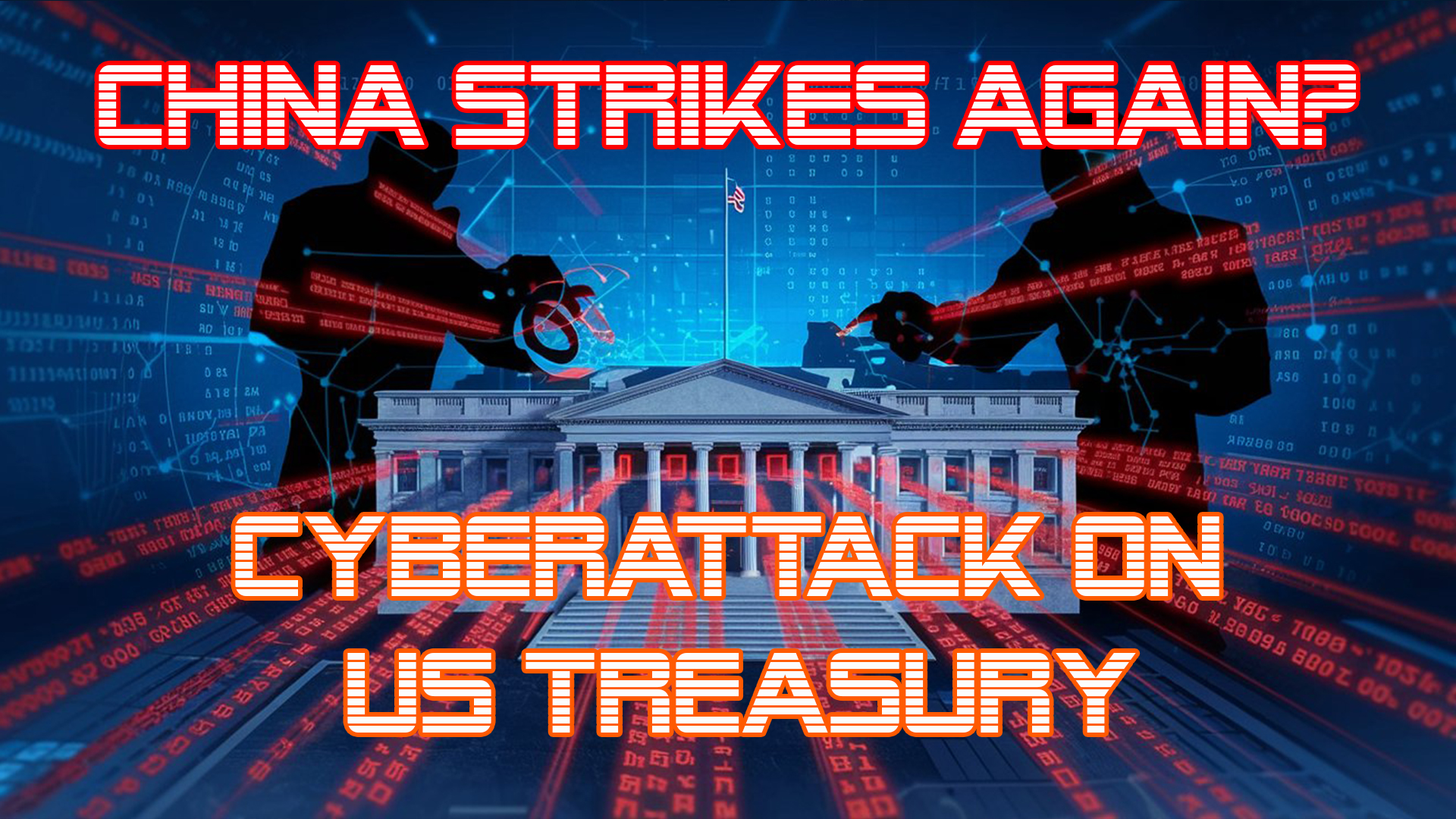
Cyberattack on the US Treasury: Economic Risks and Implications for Everyday Americans
The recent cyberattack on the US Treasury Department, attributed to state-backed actors from China, has raised alarm not only over national security but also due to its potential economic repercussions that could directly impact the average American.
Details of the Incident
On December 8, 2024, BeyondTrust, a third-party cybersecurity provider, alerted the Treasury Department to a security breach. Hackers had obtained a security key, allowing them remote access to certain workstations and non-classified documents. Although the compromised service was quickly deactivated and no evidence of ongoing access has been found, the breach has been classified as a “significant cybersecurity incident.”
Impact on the National Economy
While the accessed documents were non-classified, the Treasury’s central role in shaping fiscal policy, managing public debt, and overseeing economic sanctions makes any unauthorized access potentially harmful. The stolen information could enable foreign actors to anticipate US economic strategies, gaining leverage in trade negotiations or implementing adversarial economic policies.
Moreover, incidents like this can undermine confidence in US financial institutions. Perceived vulnerabilities in the Treasury could negatively affect financial markets, influencing interest rates and the value of the dollar. A loss of investor confidence may lead to market volatility, with ripple effects throughout the economy.
Consequences for Everyday Americans
The fallout from a cyberattack of this magnitude can reach the average citizen in several ways:
Increased Economic Volatility: Financial market instability could result in higher interest rates on loans and credit, making it more expensive for individuals and small businesses to access financing.
Inflation and Rising Costs: If confidence in the US economy is shaken, the dollar could weaken, raising the price of imported goods and contributing to inflation. This would increase the overall cost of living for American households.
Personal Data Security Risks: While this incident did not compromise personal data, frequent successful cyberattacks on government institutions heighten the risk of future breaches targeting citizens’ personal information, exposing them to identity theft and fraud.
Public Resource Allocation: Strengthening cybersecurity in government institutions requires significant public resources. This could lead to budget reallocations, potentially reducing funding for other essential public services.
Actions Taken and Recommendations
The Treasury Department, in collaboration with agencies such as the Cybersecurity and Infrastructure Security Agency (CISA) and the FBI, has implemented measures to assess and mitigate the impact of the attack. However, this incident underscores the urgent need to bolster cyber defenses, not only at the government level but also in the private sector and among citizens.
Financial institutions and critical infrastructure providers must enhance their security protocols, and the public should be educated on basic cybersecurity practices to mitigate risks. On a broader scale, international cooperation is essential to address state-sponsored cyber threats effectively and protect global economic stability.
The attack serves as a stark reminder that cybersecurity is not just a technological issue but a critical economic and national security priority that affects every American.






